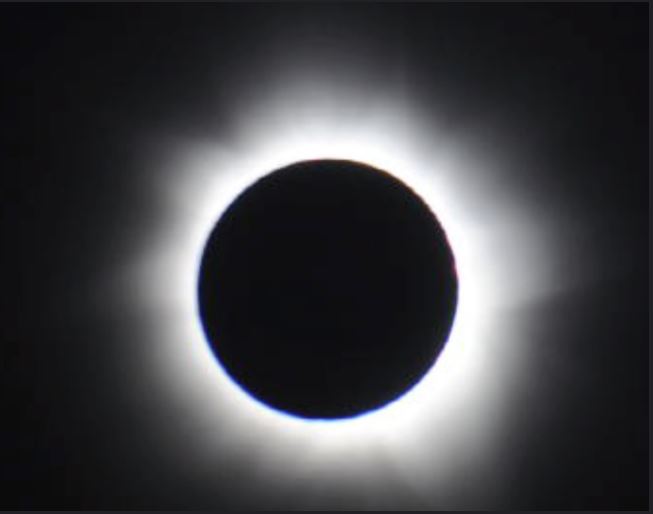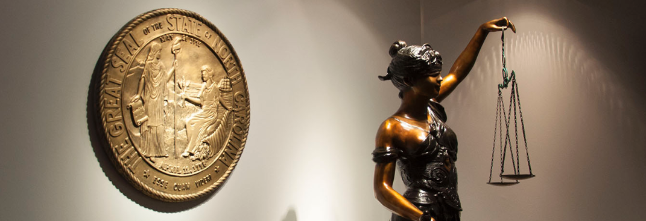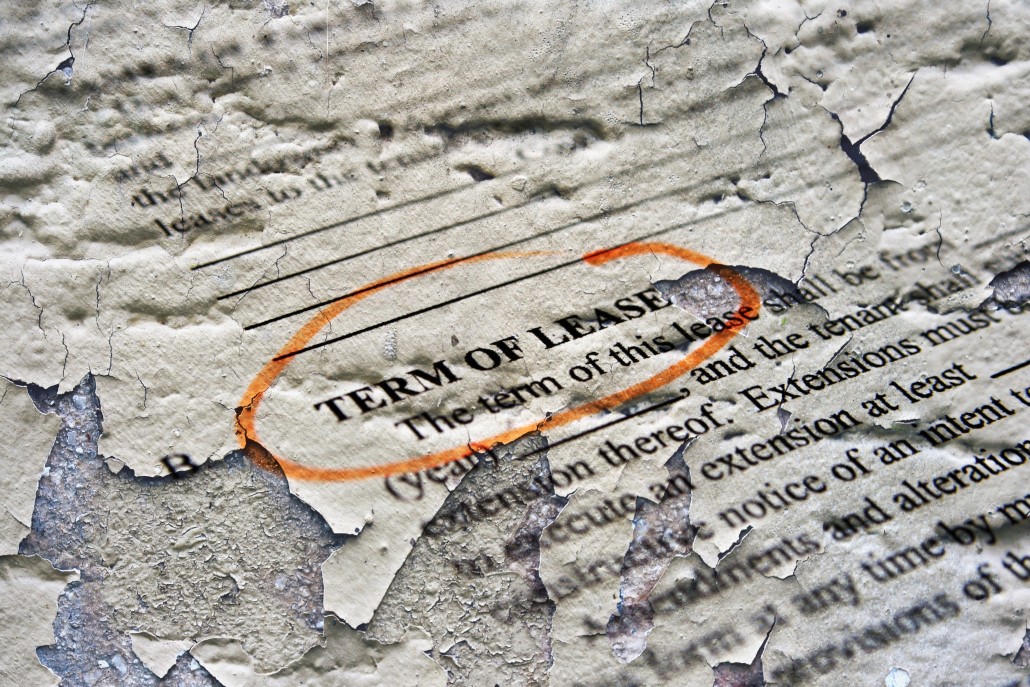You’ve probably heard by now about the total solar eclipse that will pass over the United States on Monday, August 21st, 2017. The path of totality is approximately 70 miles wide and stretches from Oregon to South Carolina, touching fourteen different states. A partial eclipse will be visible in every U.S. state. To see how the eclipse will look in your area, click here. With millions of American expected to travel to the path of totality, it is one of the most highly anticipated solar events in recent memory. What you might not have considered, however, are the legal implications of the solar eclipse.
Don’t be an interloper. If you are traveling to the path of totality, make sure you know where you’re going to watch the eclipse from and be mindful of private property. Check out local viewing parties or public spaces, but do not wander onto someone’s private land without an invitation. Similarly, do not block driveways or fire hydrants with your vehicle. It is a truly momentous occasion, but traditional trespassing and road rules still apply.
If you are going to be traveling during the solar eclipse, it is a good idea to plan to take a break as the height of the eclipse approaches and especially during the two minutes of totality. The skies will darken to the point where stars may be visible and temperatures will drop. This could be a very dangerous distraction for drivers, especially those traveling at a high rate of speed down an interstate. The risk of car accidents will be higher during this spectacle and it’s better to be safe than sorry. It would be a shame to have to deal with a legal negligence claim as a result of the eclipse. Also, keep in mind that some states, such as Oregon, do not allow cars to park on the side of highways and roadways for the eclipse due to fire concerns as a result of over-heated vehicles. Make sure you know the laws of the state you will be in and obey them.
For employers who have received time off requests from employees to view the eclipse, it is best to treat those the same as any other time off request. Employers should keep in mind that granting time off requests for eclipse viewing while denying time off requests for other reasons may result in discrimination claims. On the other side of the coin, not granting time off for eclipse viewing may also result in discrimination claims in certain circumstances. Some cultures and religions view solar eclipses as a religious event. These unique religious beliefs should be treated as any other religious belief and, under federal law, employers are forbidden from discriminating based on employee’s religion unless it would result in undue hardship.
Another thing employers should keep in mind is their own liability when it comes to viewing the solar eclipse. If you let your employees take a break to view the eclipse, make it clear to them that they are viewing the eclipse voluntarily and at their own risk. It is best to put this in writing, in case someone is injured during the eclipse, but encourage them to follow recommended safety practices.
If an employer sponsors an event, it is a good idea to make sure the location they view the eclipse from is safe and secure and they are not trespassing. Parking decks and rooftops should be checked for weight limits as they may not be equipped to handle large numbers of people. As mentioned before, if you will be viewing from property that is not your own, ask permission first.
If any business or school is purchasing and distributing solar eclipse glasses, they should triple check whether they are ISO-certified and that the manufacturer has not issued a recall. Some companies have distributed glasses that are not ISO-certified, but have attempted to pass them off as legitimate. The American Astronomical Society has a running list of certified companies from which you can purchase proper glasses. Make sure you are not putting your employees, patrons, or students at undue risk by giving out glasses that may not fully protect the eyes against retinal damage. Doing so could result in costly litigation.
It is our hope that following these simple guidelines will help you avoid injury and liability, so that you may enjoy Monday’s solar spectacle worry-free. Happy viewing!
Please contact an attorney if you have questions about liability related to eclipse events as this article does not constitute legal advice and does not address all possibilities of eclipse-related circumstances. Please also note that laws vary from state-to-state, so be sure to check with an attorney in your state if you have questions. For more information about our law firm, please visit us at www.lindleylawoffice.com.




